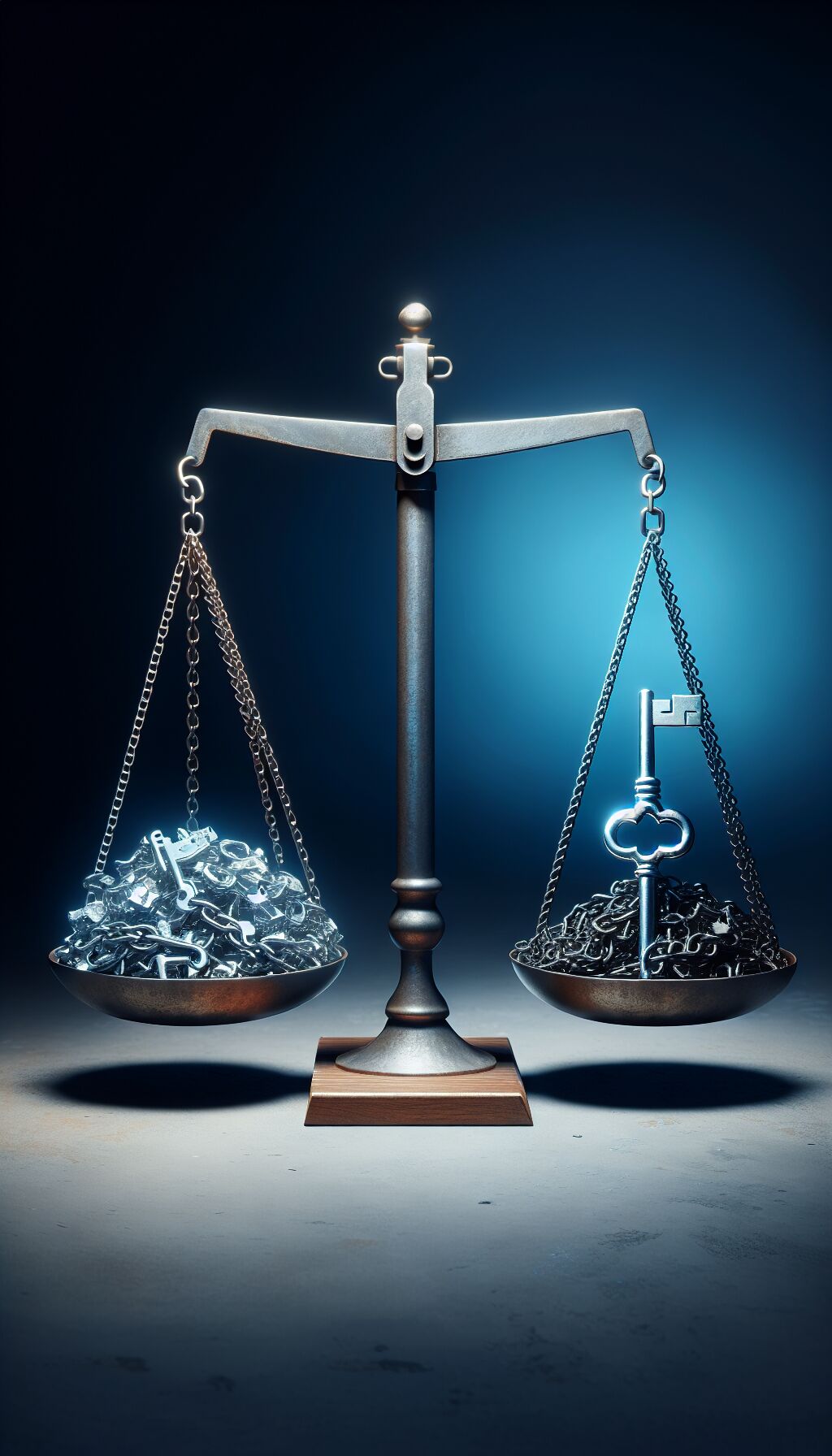Biden’s Pardon Sparks Debate Over Justice and Equality
By [Your Name], [Date]
In a significant move, President Joe Biden has issued a sweeping pardon for his son, Hunter Biden, prompting calls from House Democratic Leader Hakeem Jeffries, D-N.Y., for the president to extend similar mercy to others facing harsh penalties for nonviolent crimes.
A Call for Compassionate Pardons
Jeffries, in a recent statement, emphasized the need for a broader application of compassion during Biden’s remaining time in office. “Throughout his life, President Joe Biden has fought to improve the plight of hardworking Americans struggling to live paycheck to paycheck,” he articulated. The Democratic leader highlighted the ongoing issue where individuals are subjected to severe prosecutions for nonviolent offenses, often without adequate legal representation.
“Countless lives, families, and communities have been adversely impacted, particularly in parts of Appalachia, Urban America, and the Heartland,” he noted. Jeffries urged the president to consider pardoning working-class individuals in federal prisons, whose lives have been irrevocably affected by what he termed “unjustly aggressive prosecutions.”
A Moment for Justice
Jeffries concluded his statement with a powerful call to action: “This moment calls for liberty and justice for all.” His appeal for a more humane approach to justice reflects a growing concern among lawmakers about the equity of the legal system, particularly for marginalized populations.
Republican Reactions and Criticism
The pardon of Hunter Biden has not only stirred reactions among Democrats but has ignited fierce criticism from Republican leaders as well. Following the announcement, GOP representatives quickly responded by questioning the integrity of Biden’s previous assertions that “no one is above the law.”
One Republican commentator quipped that the president’s declaration has “aged like fine milk,” indicating the discontent concerning perceived hypocrisy surrounding the pardon.
Details of the Pardon
The “Full and Unconditional Pardon” for Hunter Biden encompasses a range of offenses purportedly committed over a decade-long span, specifically from January 1, 2014, to December 1, 2024. Critics argue that this pardon sets a concerning precedent and may undermine the credibility of the justice system, as some lawmakers claim it grants preferential treatment based on familial connections.
Internal Party Fallout
Even within his own party, Biden faces backlash. Senator Michael Bennet, D-Colo., expressed dismay in a post on X, asserting that the president’s actions prioritize personal interests over his responsibilities. “This move puts personal interest ahead of duty and further erodes Americans’ faith that the justice system is fair and equal for all,” Bennet stated.
Additionally, Colorado Governor Jared Polis weighed in, suggesting that the pardon could tarnish the president’s reputation: “While as a father I certainly understand President Biden’s desire to help his son, I am disappointed that he put his family ahead of the country.” His comments echoed a growing unease among Democratic leaders concerning the potential ramifications of the pardon—both politically and socially.
The Echo of Inequality
This incident has reignited conversations about the disparities in how justice is administered in the United States. Many are questioning not only the fairness of pardons but also the broader implications of a system that seems to offer leniency to some while severely penalizing others, particularly low-income individuals who lack substantial resources or influence.
Democratic Representative Dean Phillips voiced similar sentiments, declaring that “some people are indeed above the law,” a stark reminder of the prevailing perceptions concerning privilege in the judicial process. The president’s action, according to Phillips, risks setting a dangerous precedent that could be exploited by future leaders.
Looking Ahead
As President Biden navigates his final weeks in office, the political landscape continues to become increasingly contentious in light of the Hunter Biden pardon. Critics from both sides are urging a reflection on the values of equity and justice that underpin American society. In doing so, they are calling for a reevaluation of how justice is administered—especially in cases involving nonviolent offenses.
The interplay between personal relationships and public duty remains a central theme in this unfolding saga. As discussions around the need for more comprehensive criminal justice reform gain traction, it remains to be seen how Biden will respond to these calls for action and whether his administration will take steps to ensure fair treatment for all in the judicial system.
